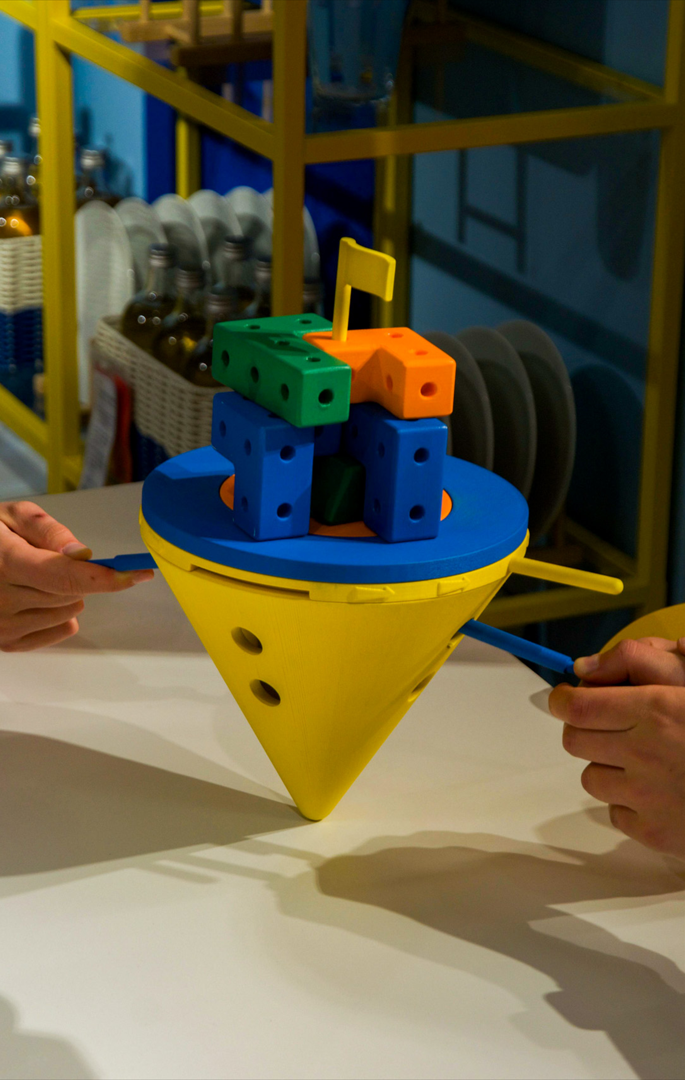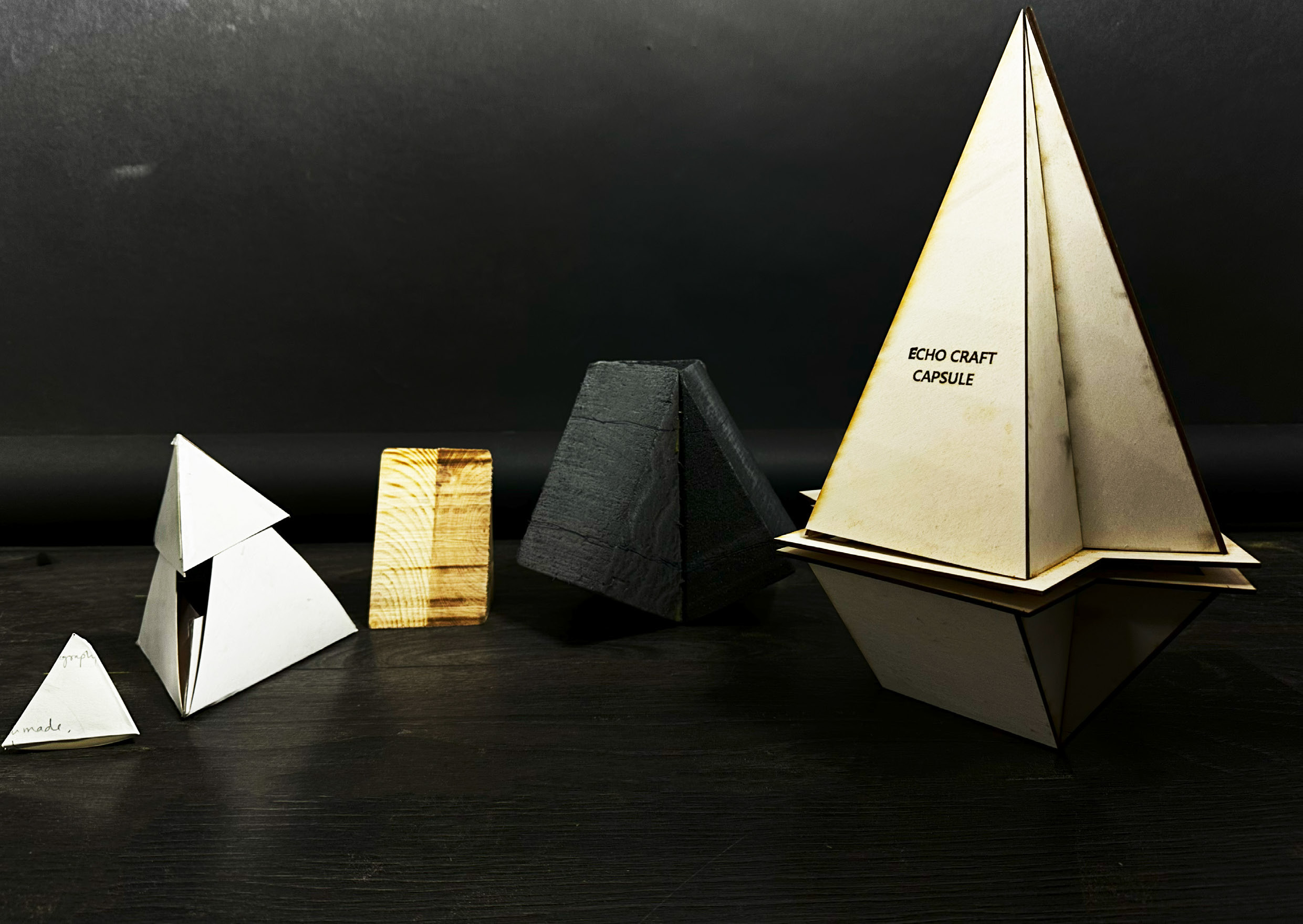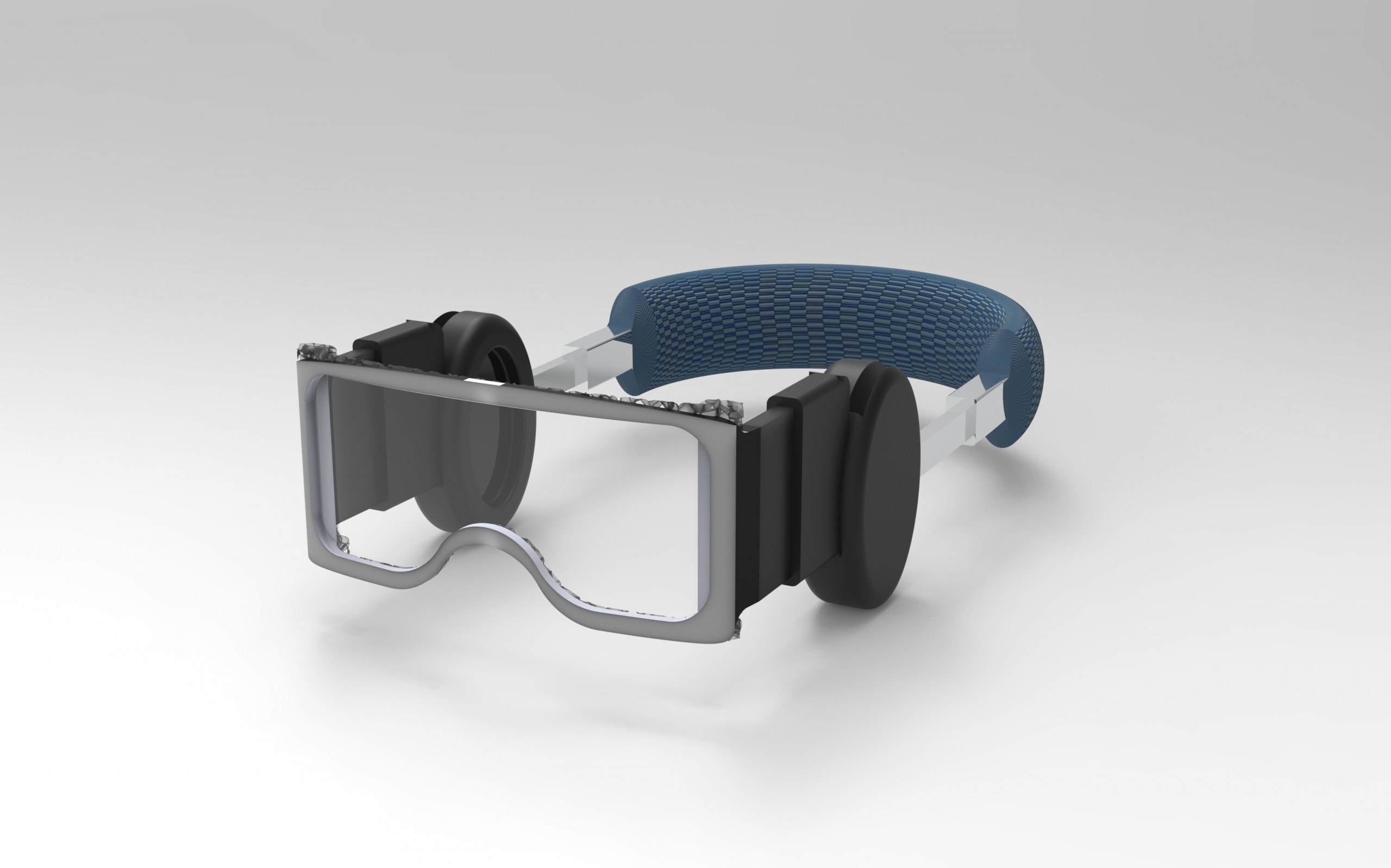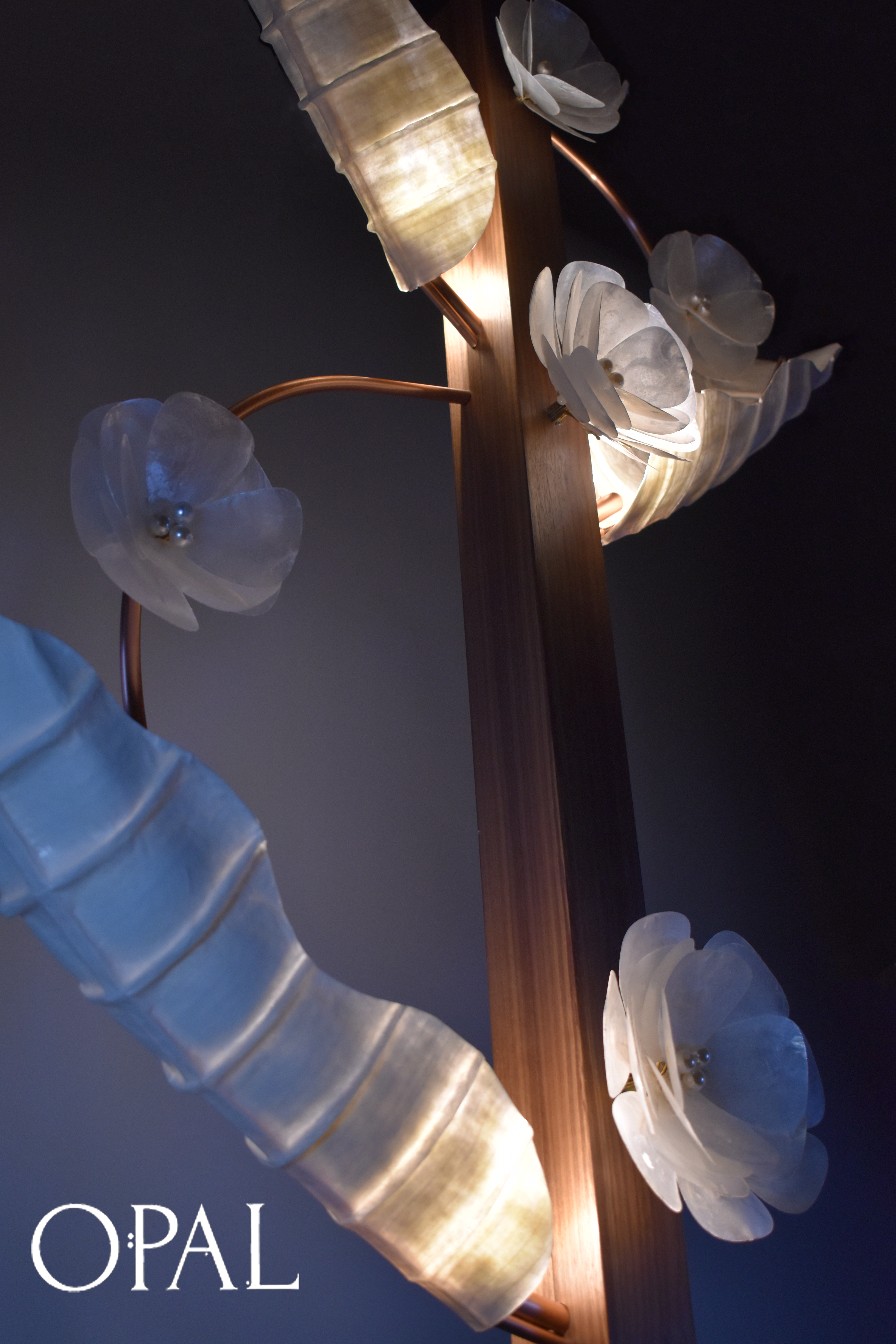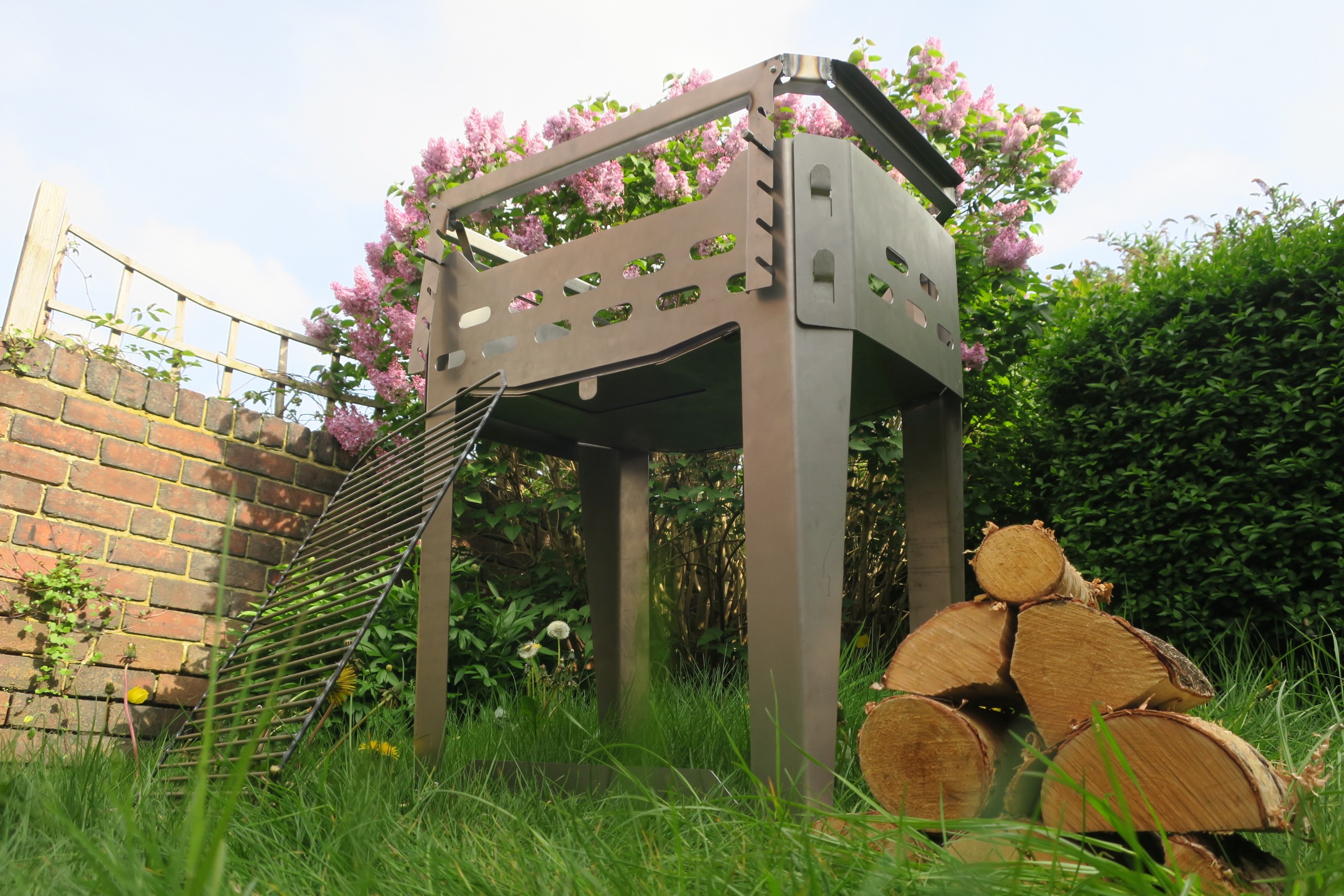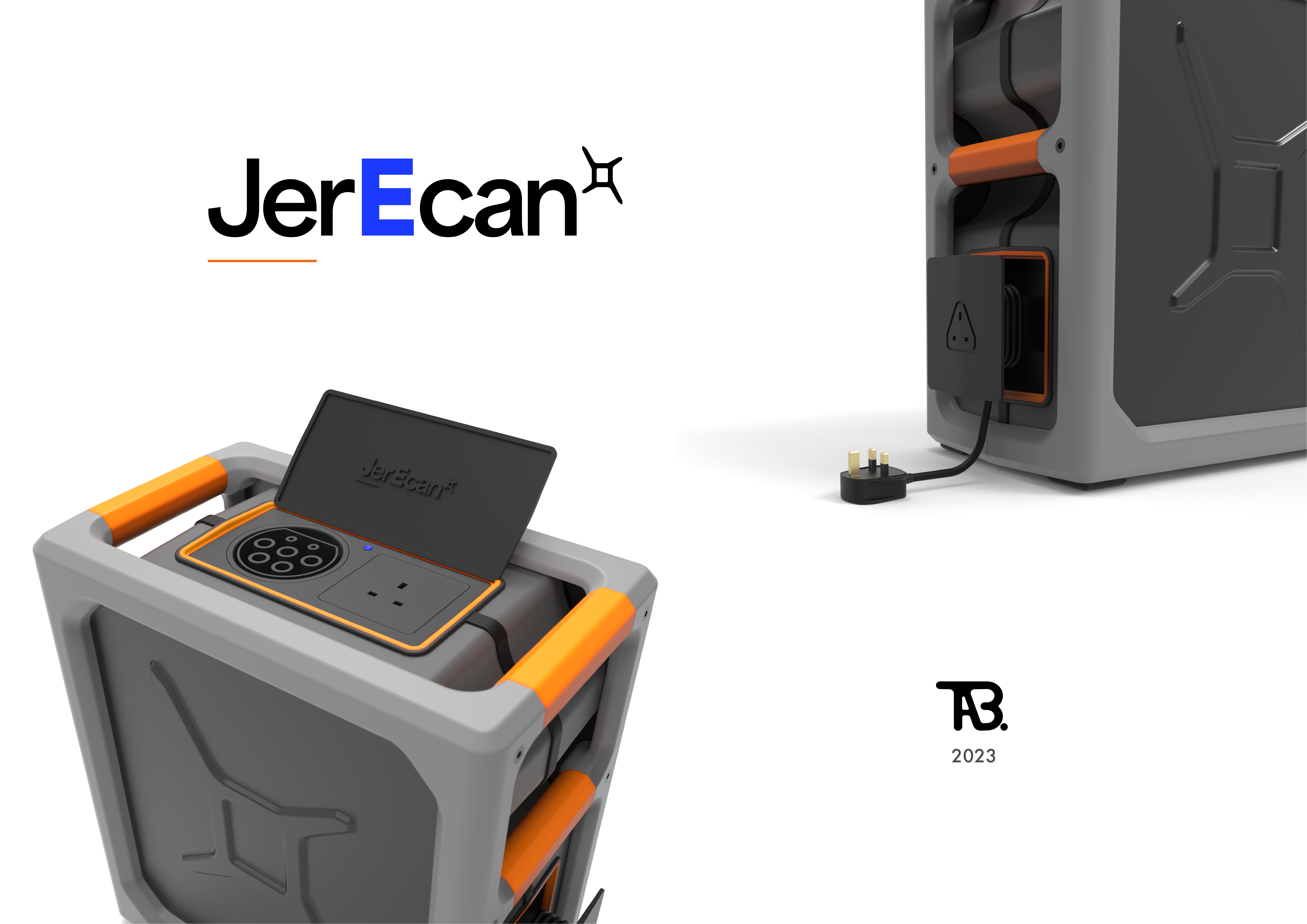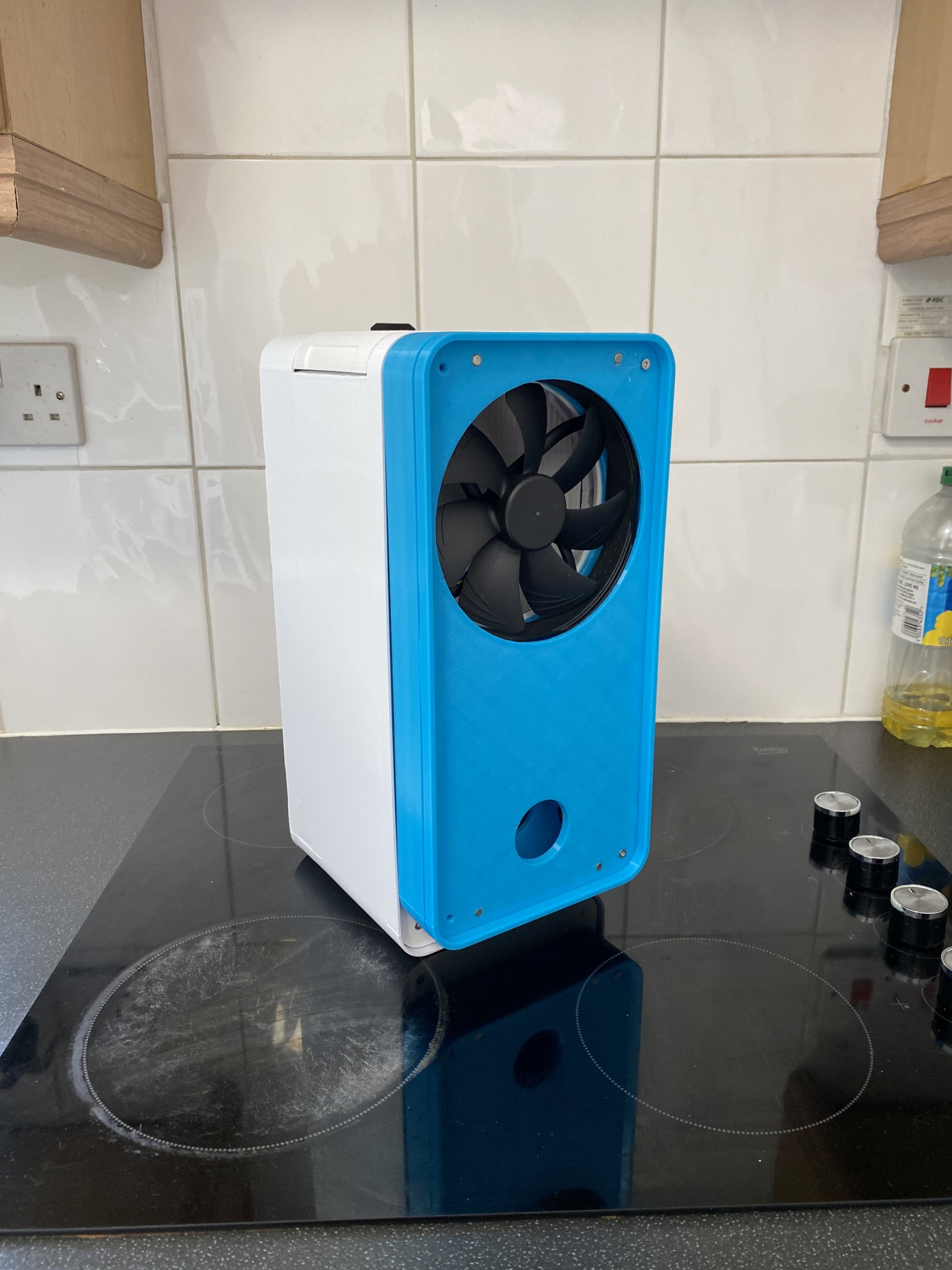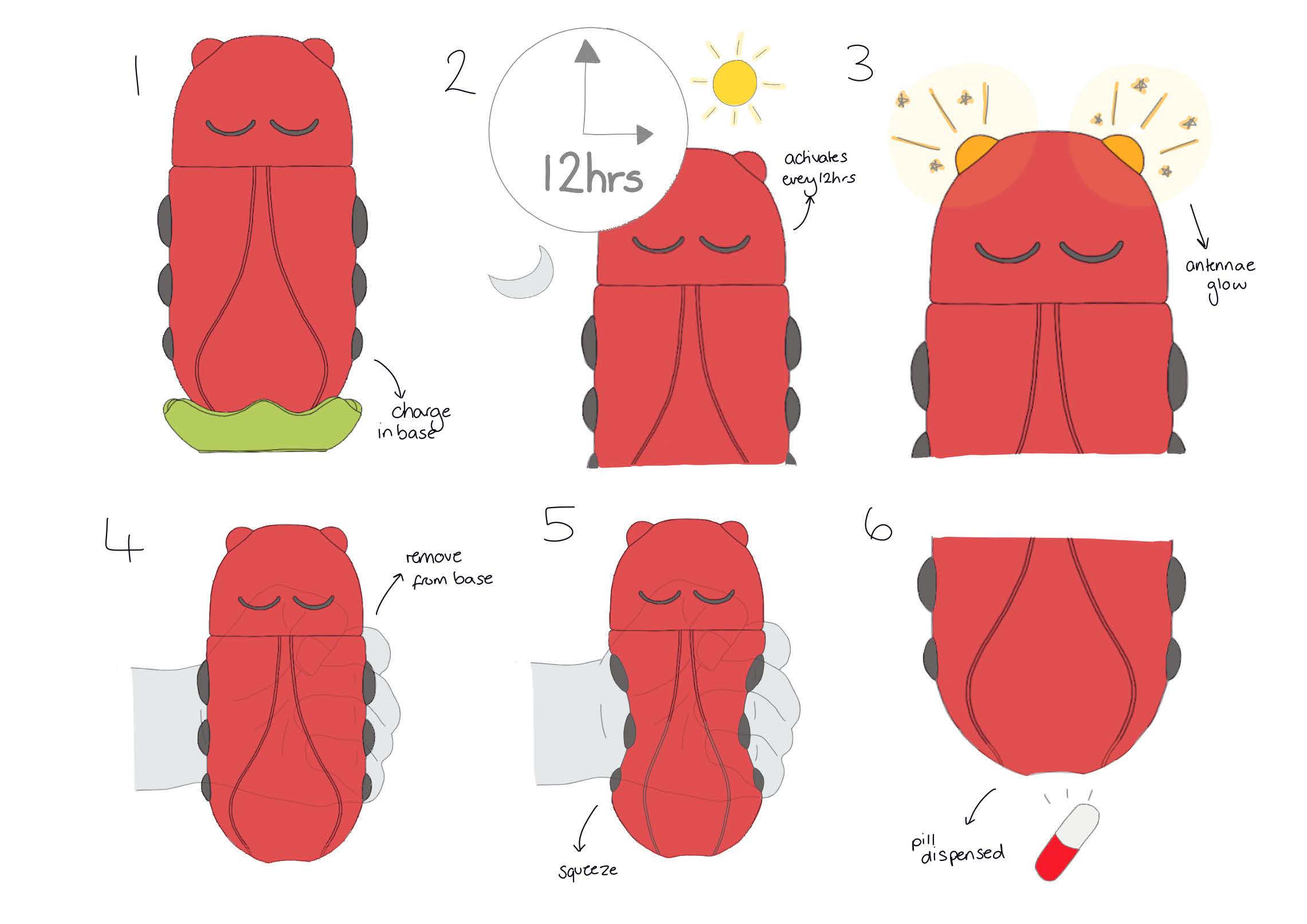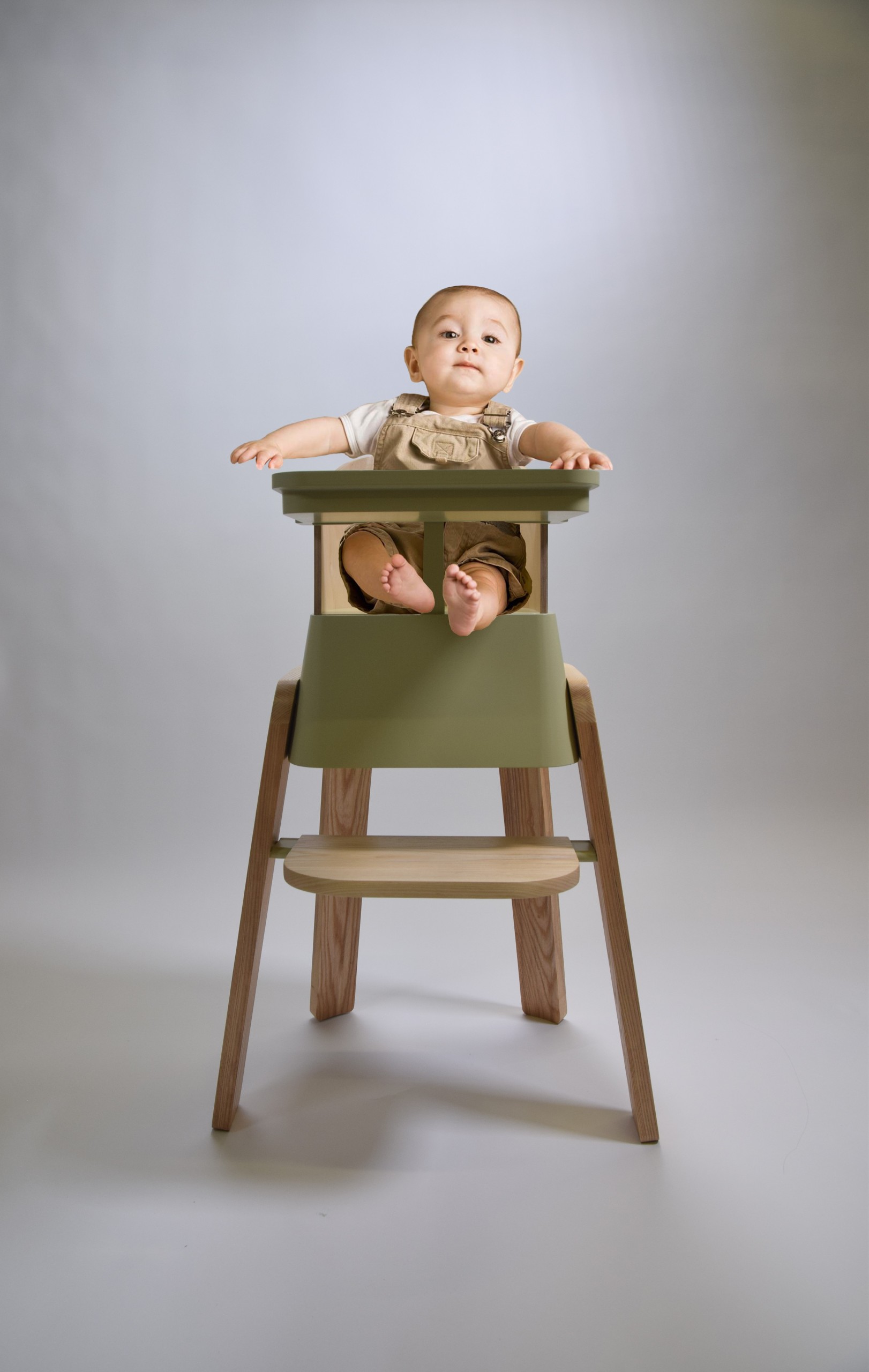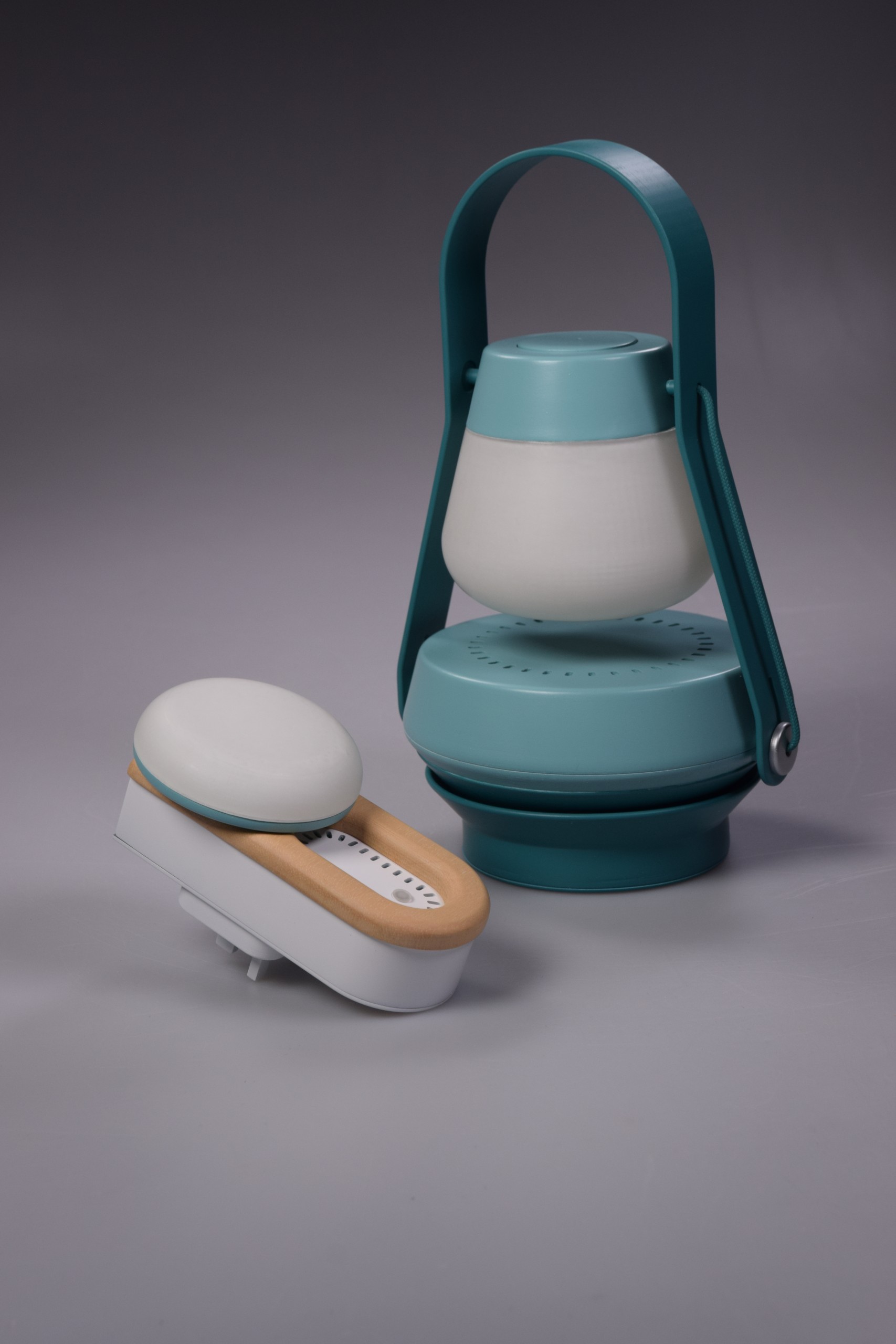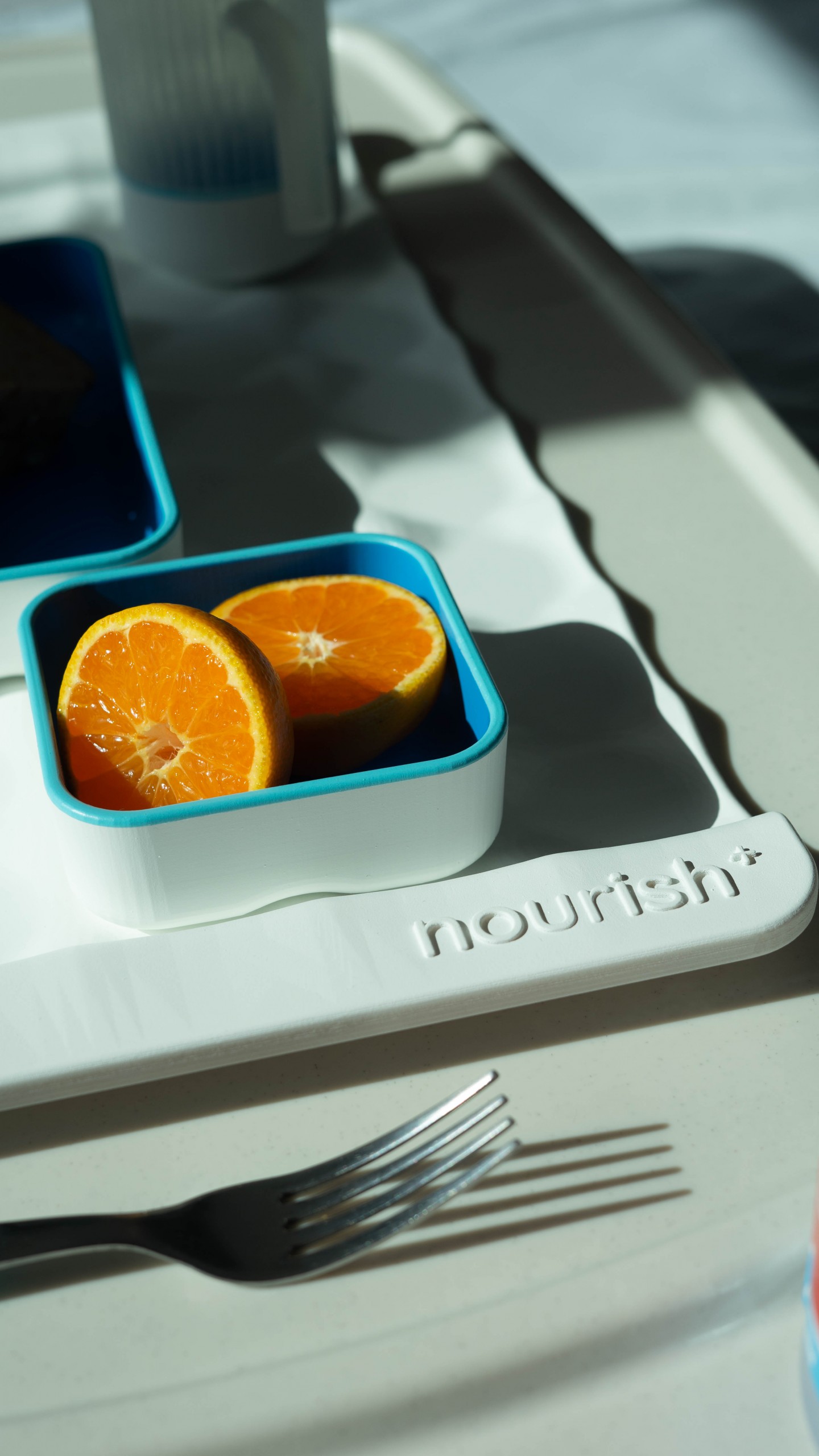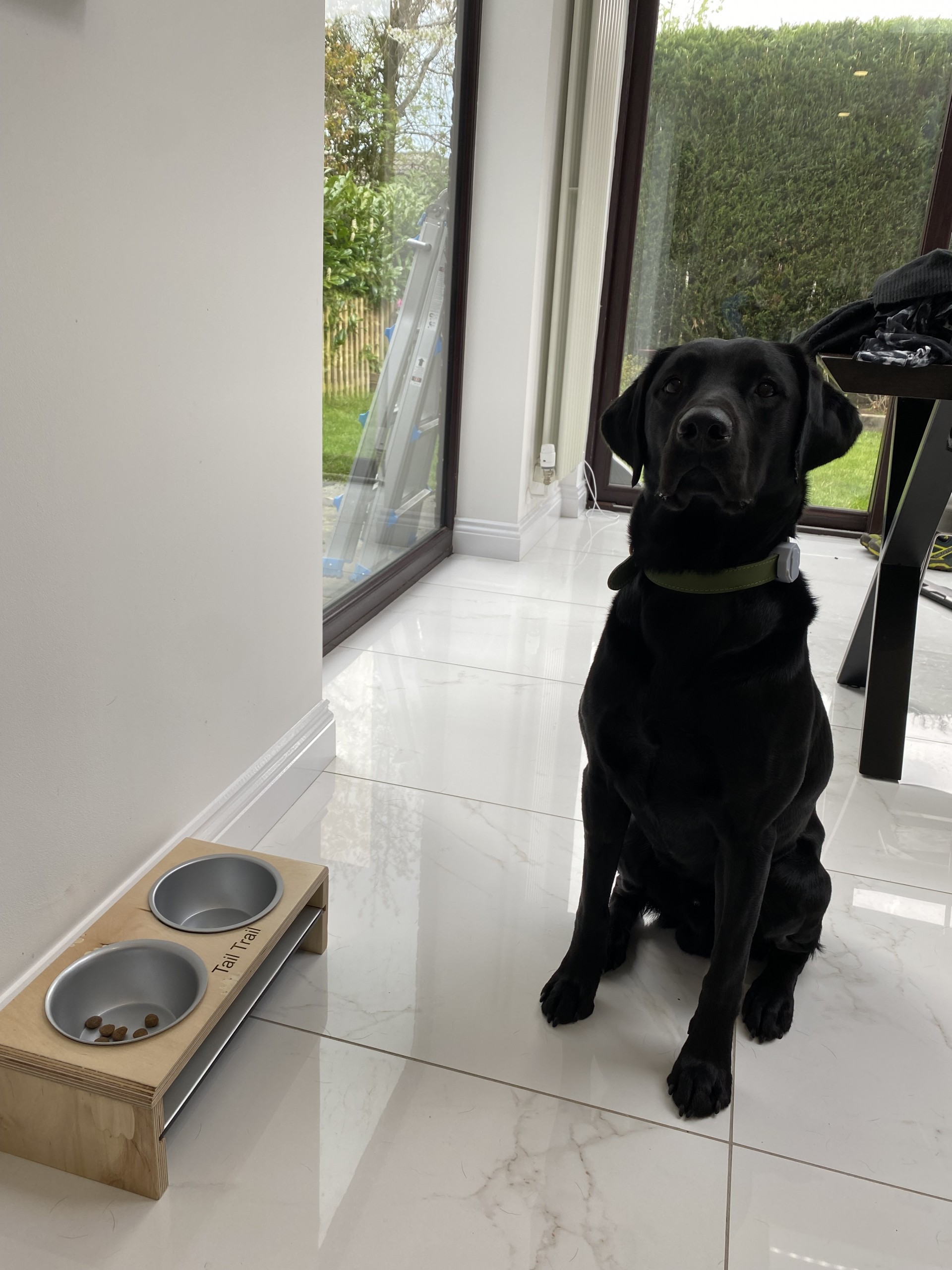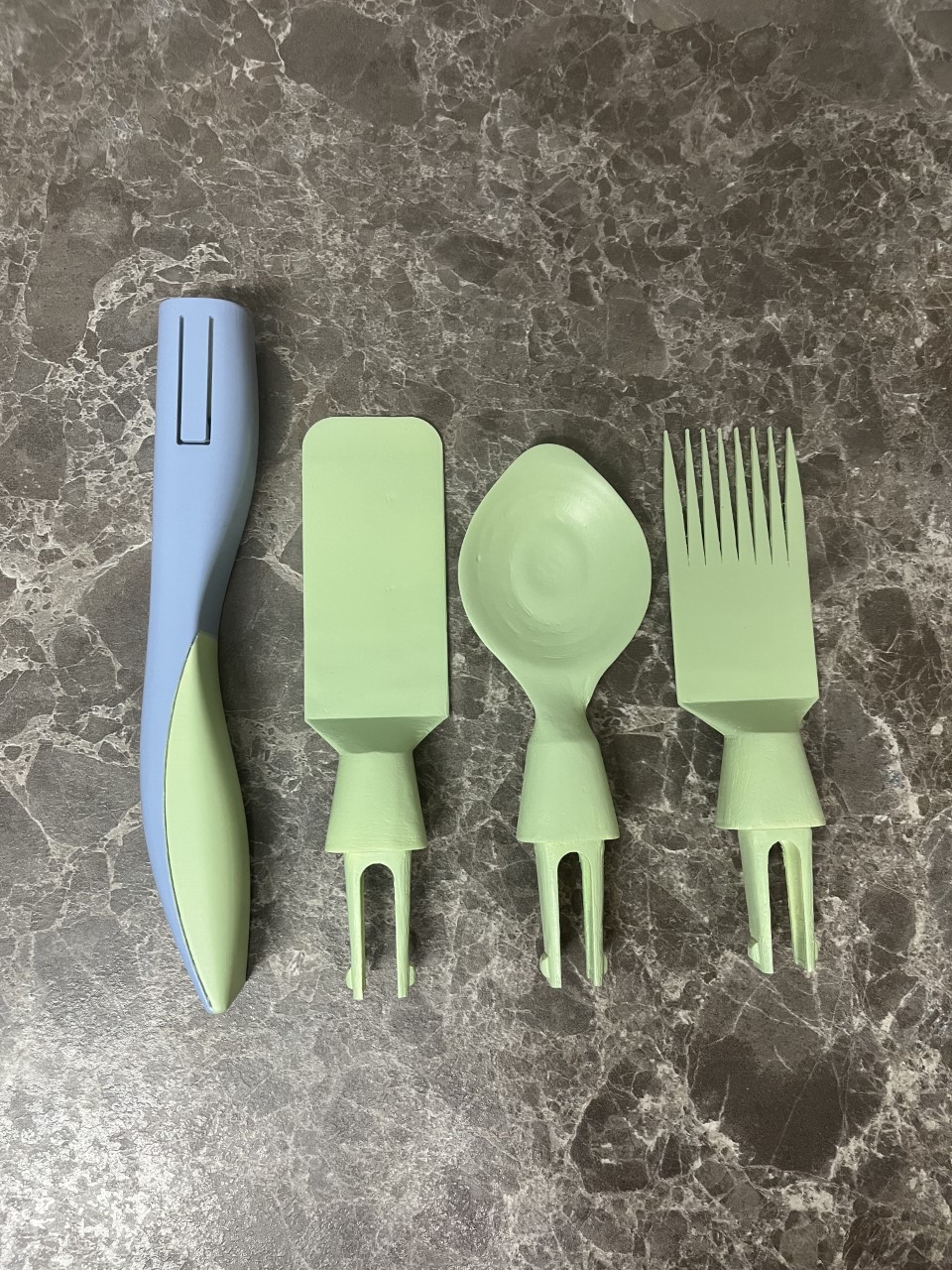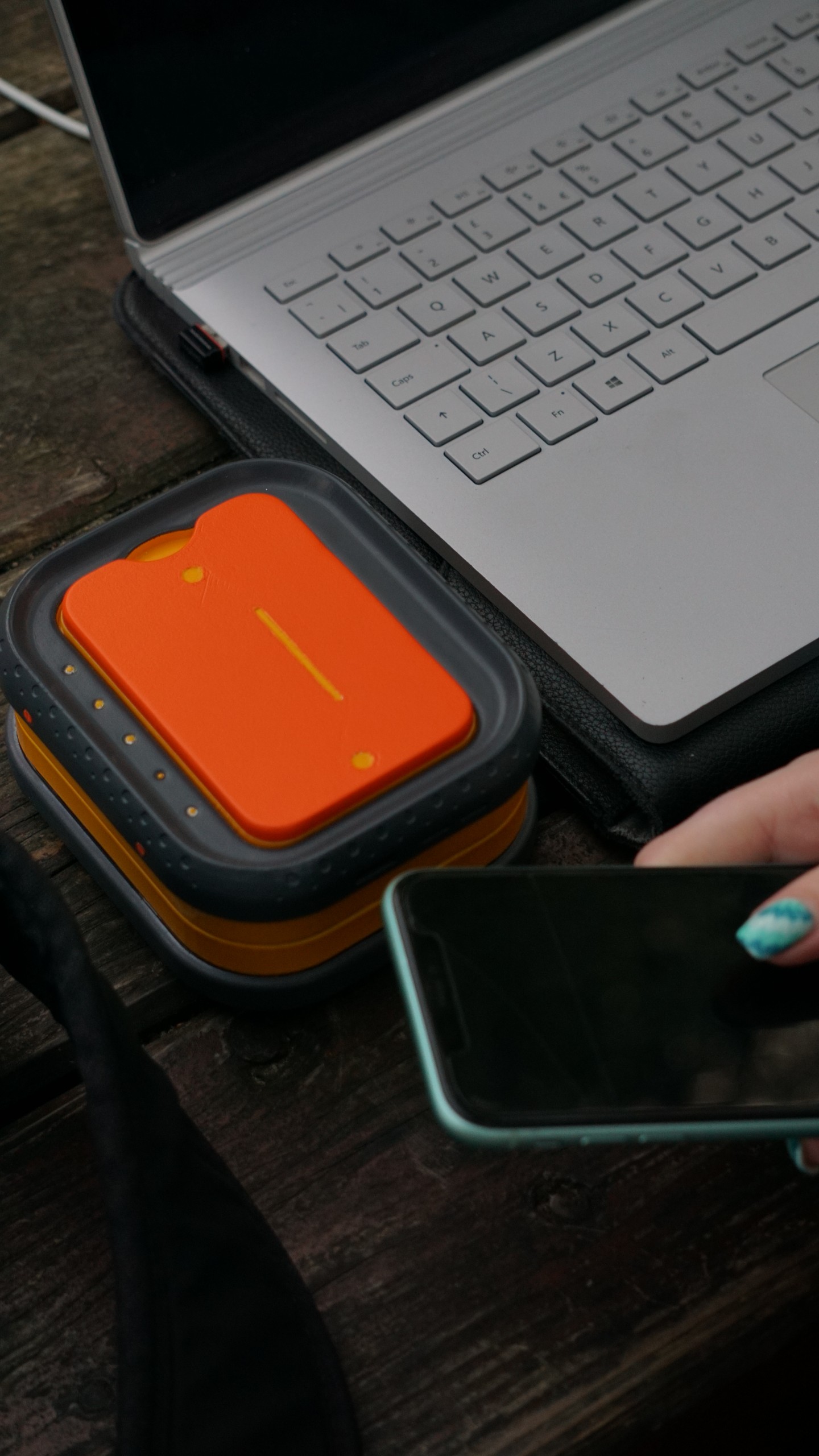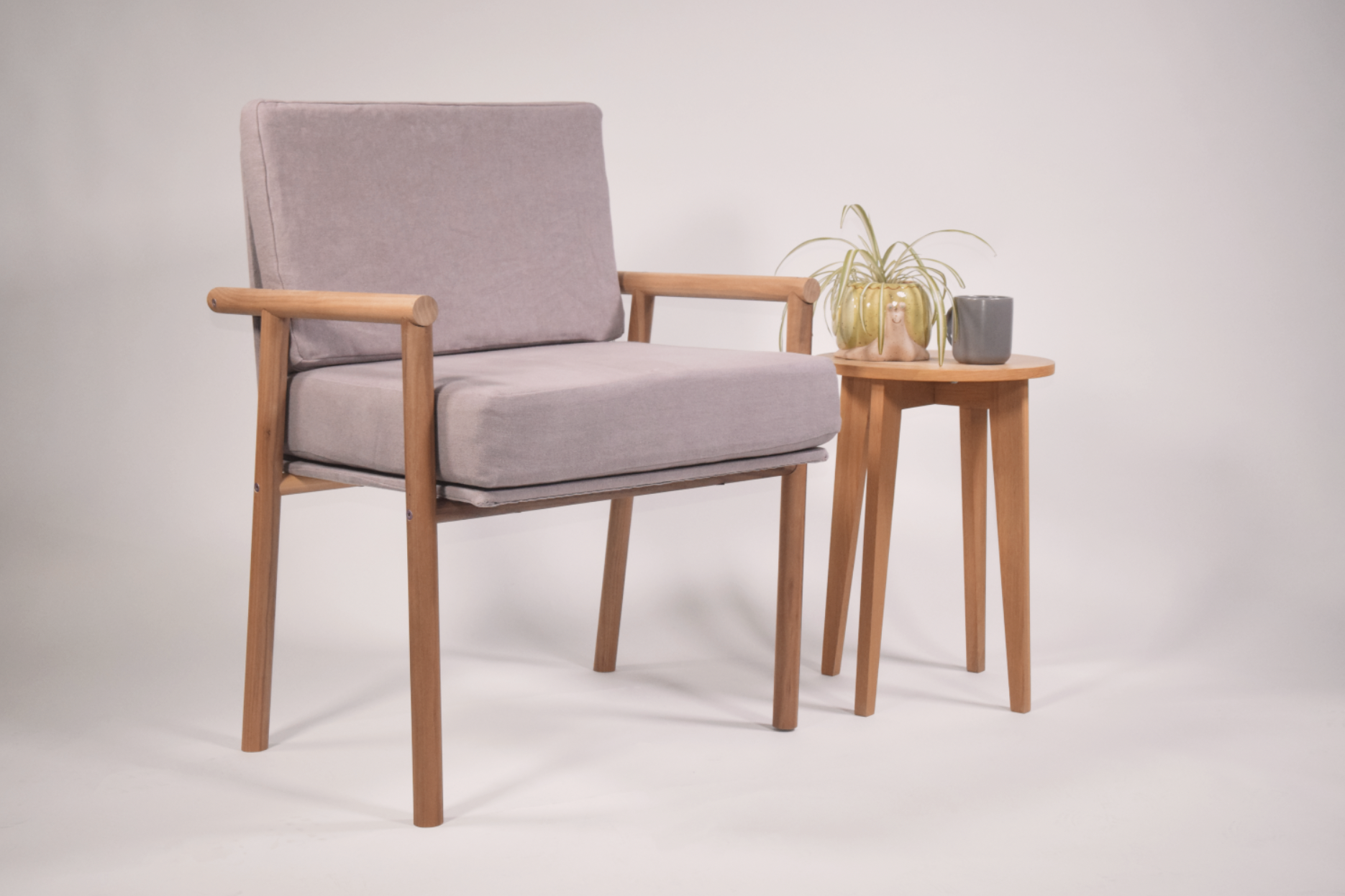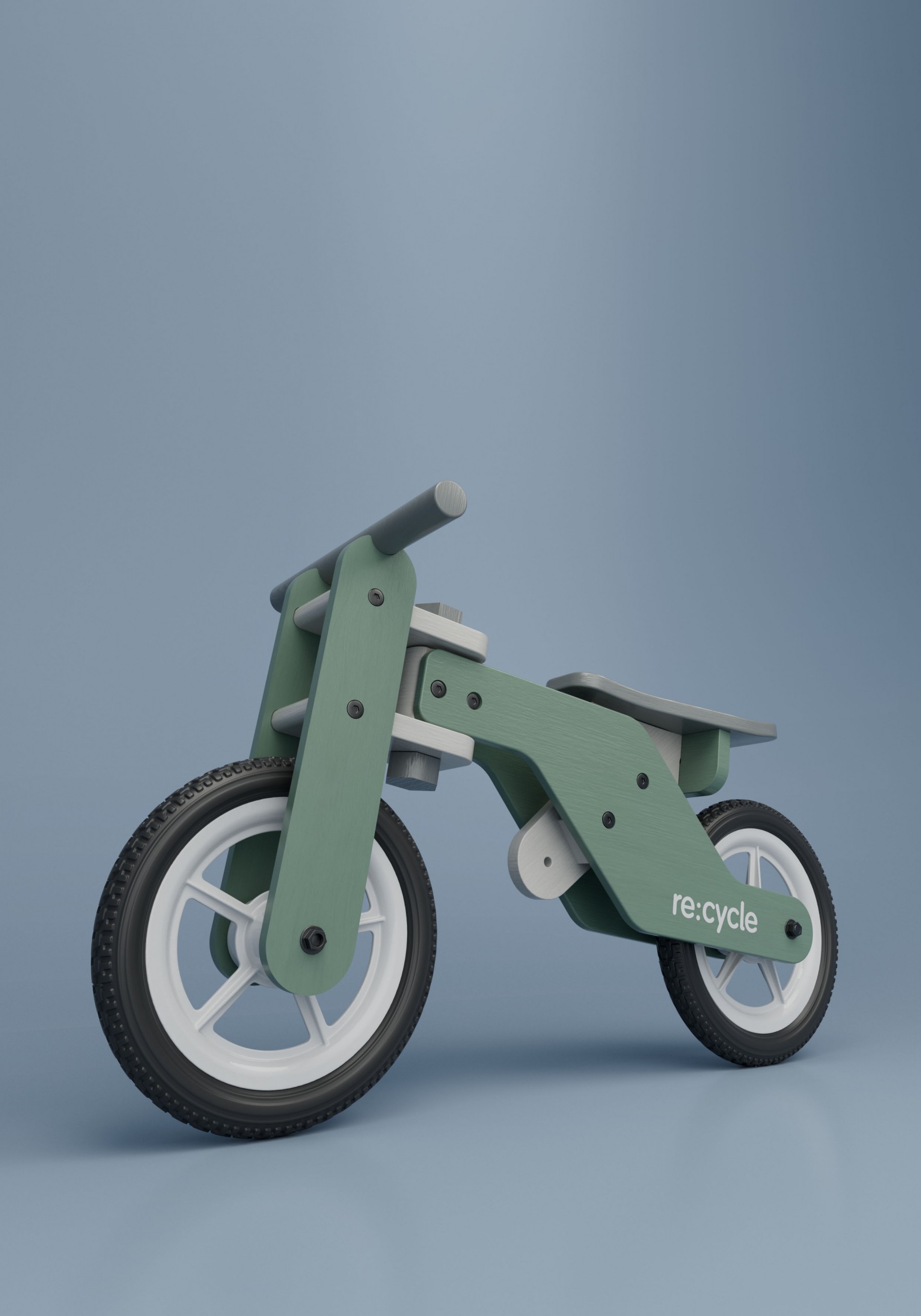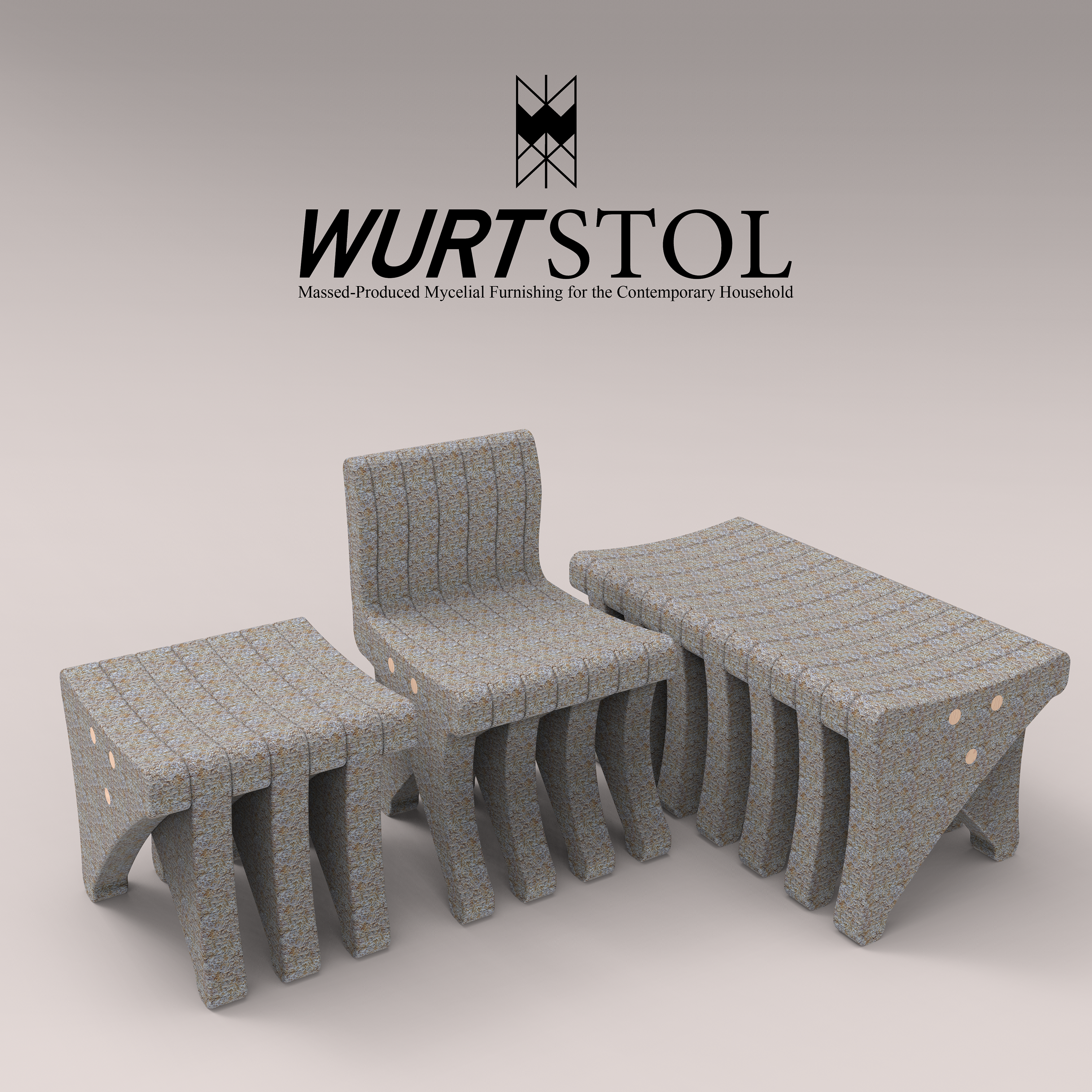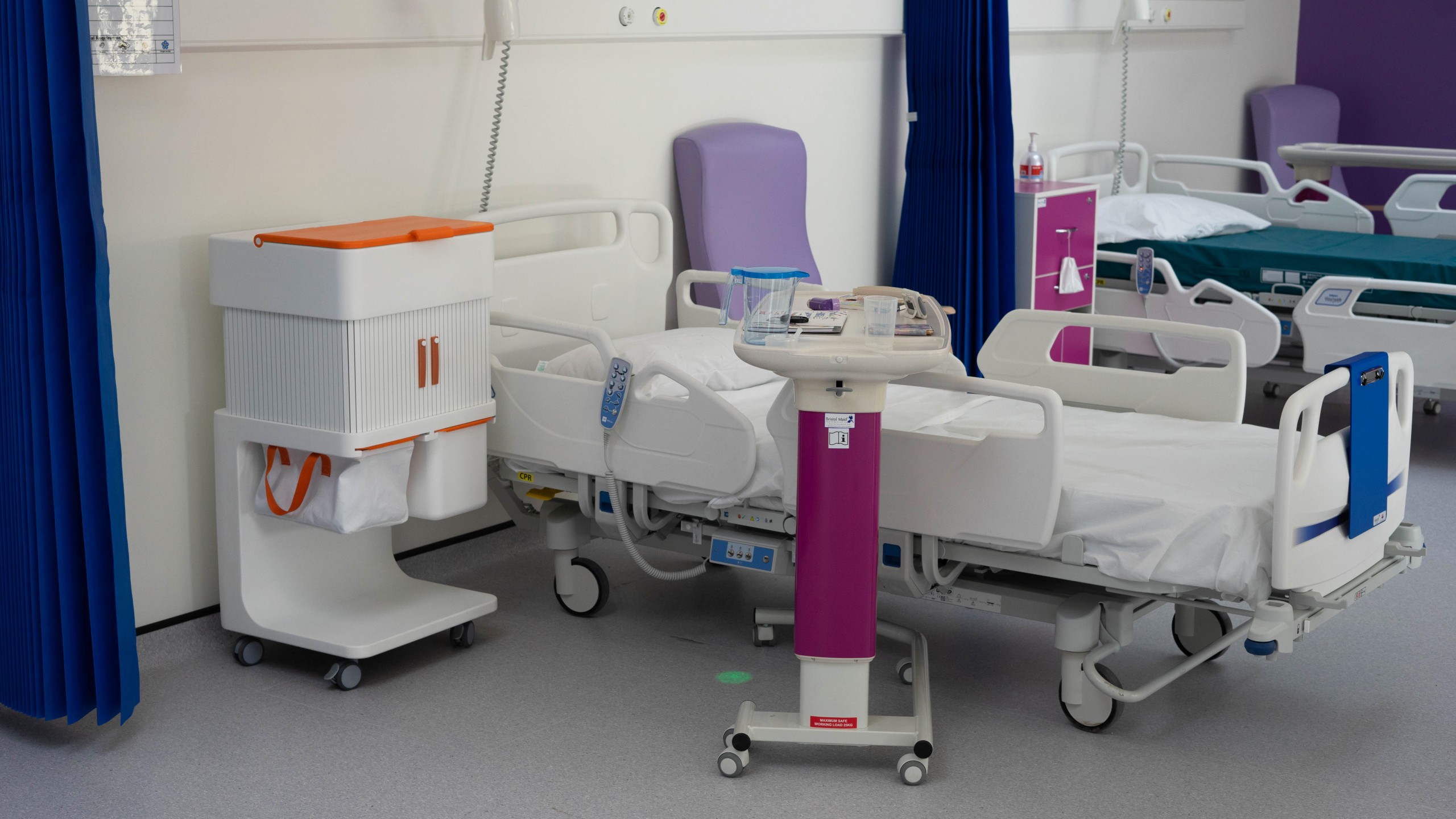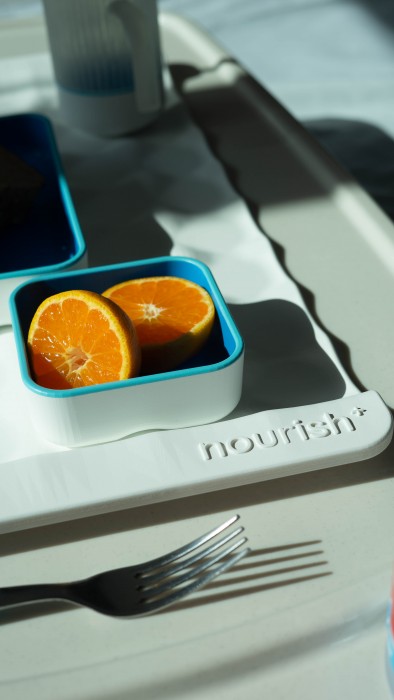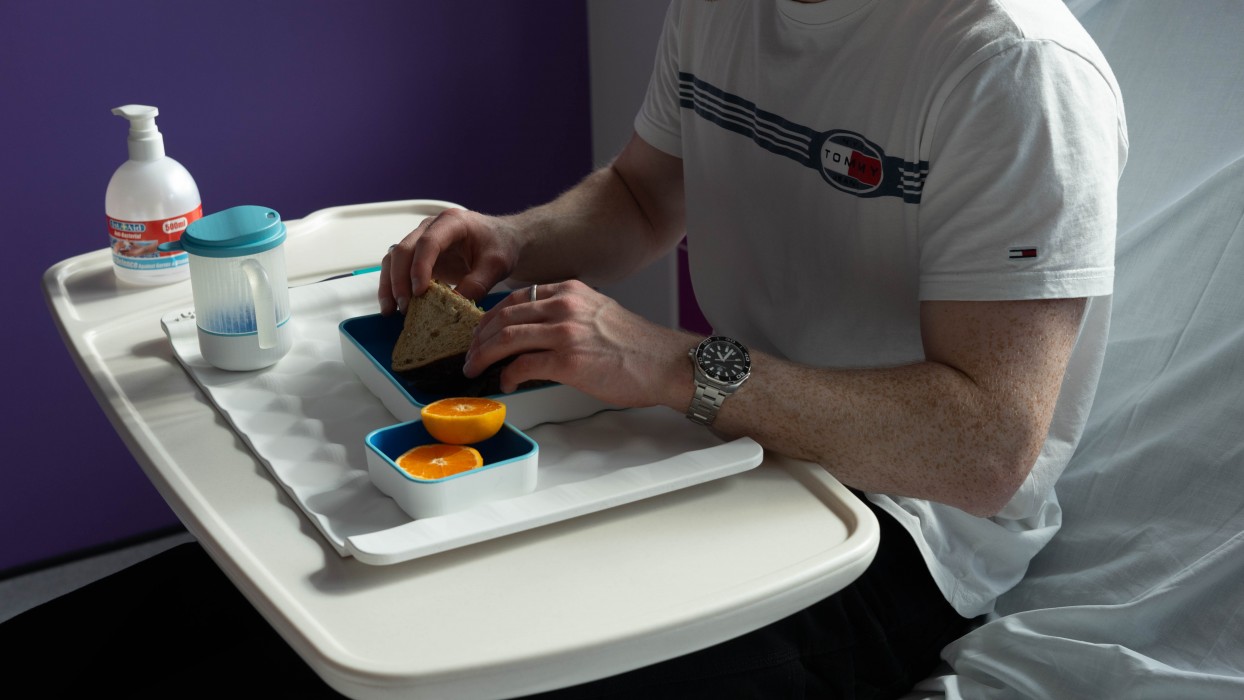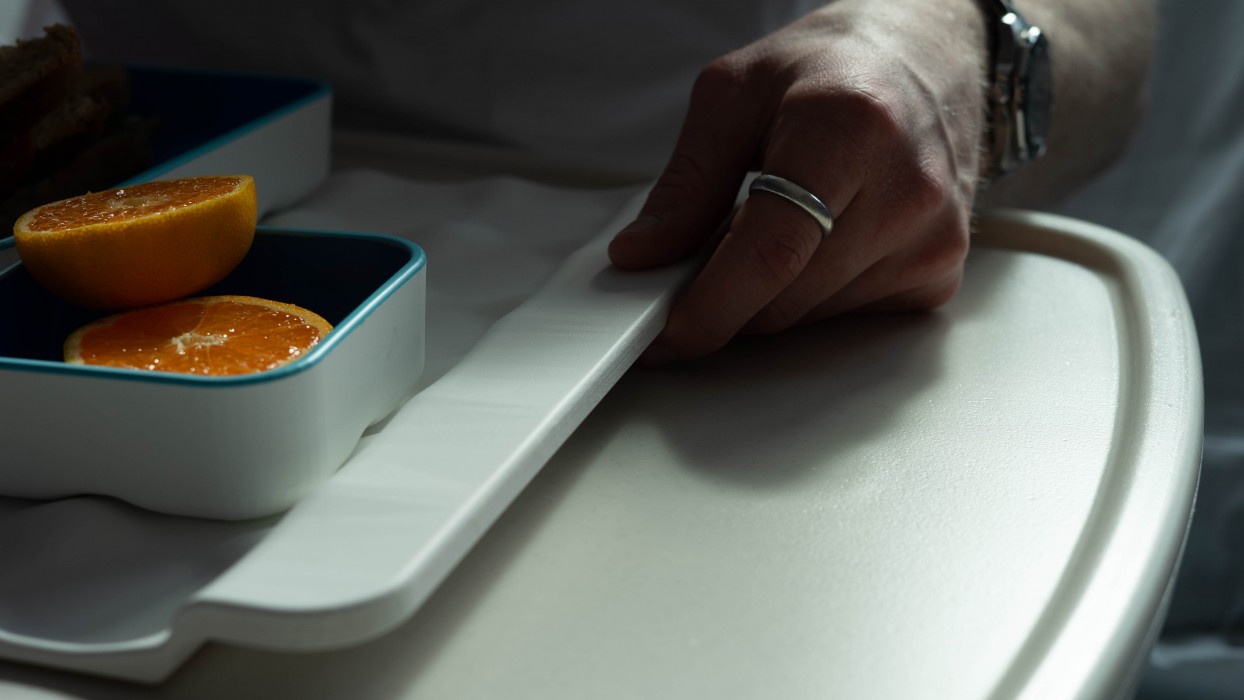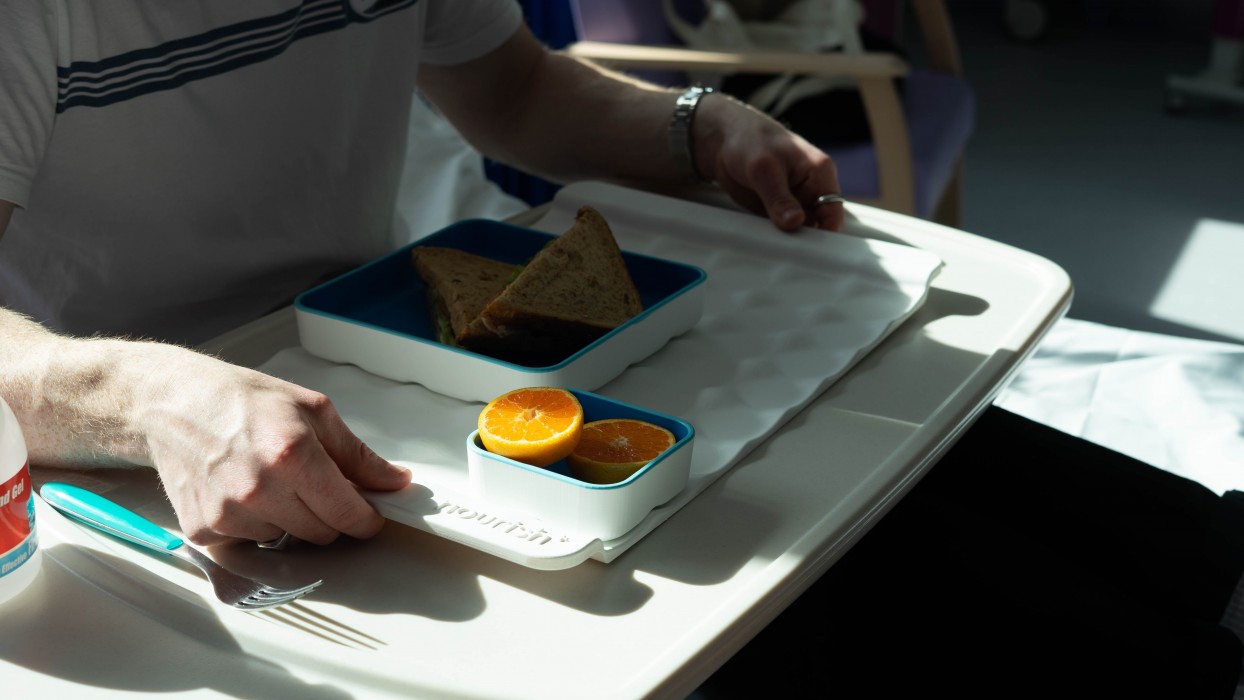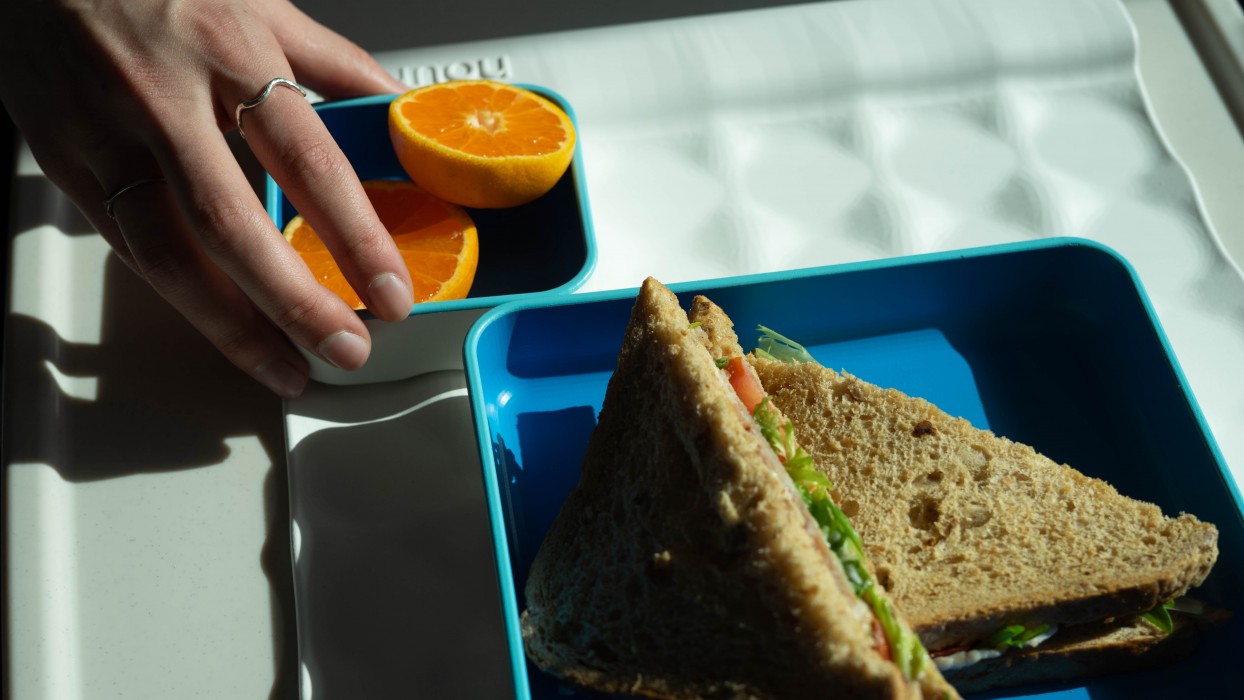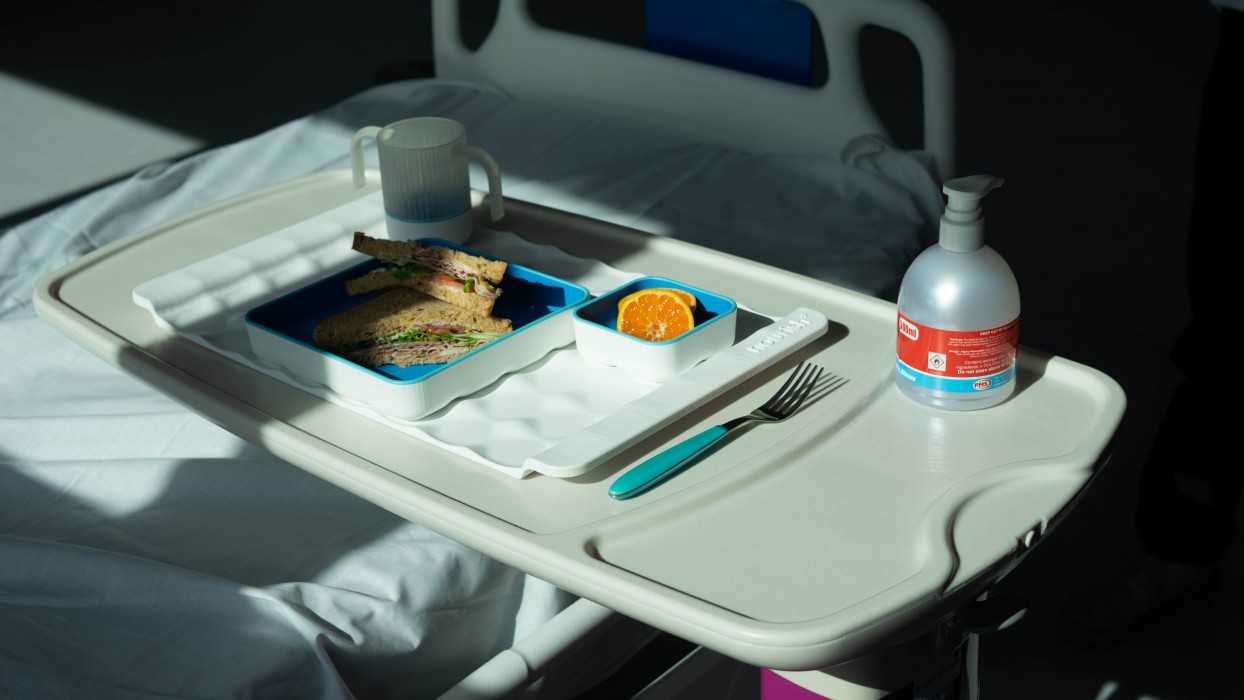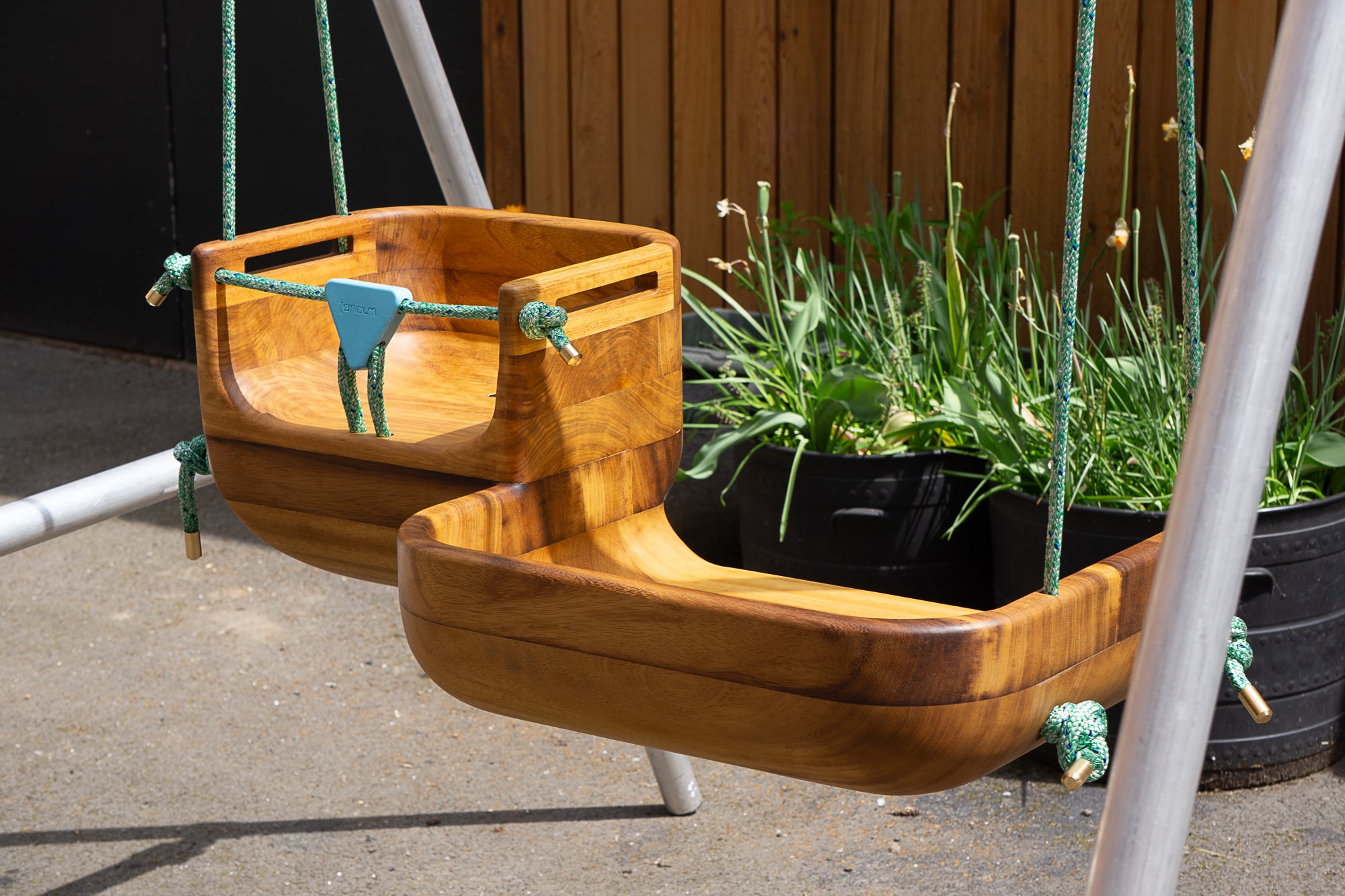
Created to improve mealtime experiences in hospitals and the amount of food eaten, nourish is a set of dinnerware products complete with an app to assist in ordering suitable meals. The Campaign for Better Hospital Food says the equivalent of 82,000 hospital meals are disposed of daily and the National Geographic states “Wasted food generates approximately 3.3 billion metric tonnes of carbon dioxide per year.” Hence, a product design intervention in this area could have a positive impact on not only the individual patient but the environment.
Being one of the demographics at higher risk of developing malnourishment in hospital, nourish is primarily designed for people with dementia. Thus, the products will be beneficial for those with cognitive and physical impairments, however, are also functional for other patients in the hospital.
The distinctive colour choice of blue bowls aids visual distinction between food and dinnerware. The United Lincolnshire Hospitals NHS Trust propose those with dementia or other conditions causing confusion can eat up to 25% more if their meal is served on red or blue plates. Creating an age-appropriate colour palette from this insight means nourish helps people eat both in dignity and style.
The NHS Health Research Authority stated, “People with dementia are particularly at risk of eating poorly in hospital because the daily routine, environment, and food are all different from what they are used to at home.” Therefore, the suite of products is designed to be modular, allowing for personalisation of food and drink placement, enhancing familiarity of mealtimes. This modularity also means desired portion size for any meal can be catered for using the same set.
To aid the stability of the products on the tray (even at extreme angles), the contours of the tray match the inverse on the underside of the bowls and cups, creating an interlocking feature. This reduces potential spillages while carrying and gives a more solid base to push against when picking up food with cutlery. This feature is beneficial for patients who may experience limited dexterity, physical weakness, or a lack of coordination.
Although nourish was intended for hospital use, it could be scaled to a care home or domestic context. Overall, this project hopes to provide a more dignified and inclusive solution to mealtime product design for people with dementia.

